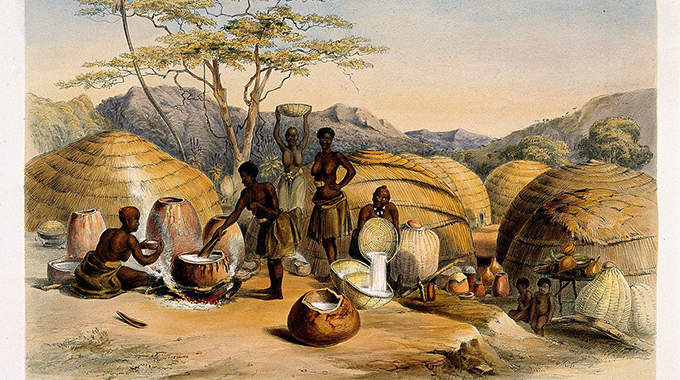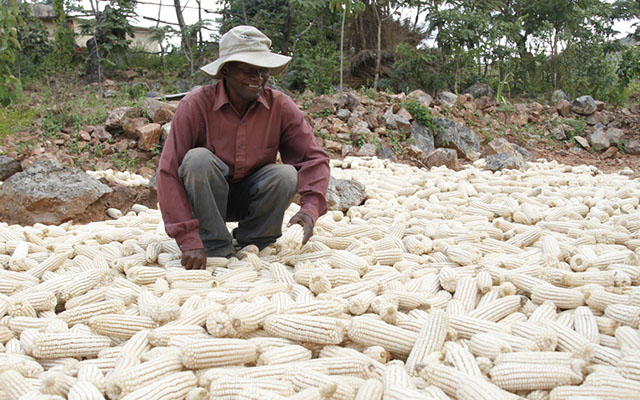Looking Back: Native beer gives white administrators a headache

The Rhodesia Herald,
9 August 1910
IT has been pointed out to us that town councils are unable to deal with the nuisance caused by the excessive consumption of native beer in locations under the Native Urban Locations Ordinance of 1906.
The difficulty may possibly be overcome by applying the “by-law relating to kaffir beer,” which was promulgated in 1900 to the Salisbury commonage in which the location is situated.
As we pointed out yesterday, the Council sought to obtain a conviction against a native woman who was found with a certain quantity of native beer in the location and they failed because the magistrate held the view that no offence had been committed under Section 13, sub-Section 2 of the Urban Locations Ordinance.
In Bulawayo, a different view is taken of the section, which certainly appears to be unnecessarily obscure, but that fact does not help the Salisbury authorities to obtain a conviction.
The by-law which is in operation within the limits of the municipality, and which can be extended to the Commonage under Section 16 of the Municipal Law Amendment Ordinance 1910 says:
No person shall on any premises within the limits of municipality, make any native beer, except for personal consumption on such premises.
No person shall, within the limits of municipality of Salisbury, make, except as provided in Section 1 hereof, or convey or deliver any native beer to any person being a native or being a descendant of an aboriginal native of Africa, and no such person as last said shall within the municipality aforesaid, buy, accept delivery of or convey any native beer.
The penalty provided for contravention of the by-law is a fine not exceeding 10 pounds. There is no desire to prevent the natives from obtaining a reasonable quantity of native beer, to which they are accustomed to in their kraals, but it is high time the authorities obtained effective control of the traffic now carried on.
LESSONS FOR TODAY
Doubting Thomases on how racist the settler regime was, have read and can now see that it was real, since it was Rhodesians writing about black people using their own terms.
Now called the K-word just as nigger in the USA is the N-word, it is one of the most offensive and inflammatory racial epithets used by colonialists against Africans. According to historical sources, it was mostly used by anthropologists and missionaries.
Today’s fight for human rights are an extension of what revolutionaries of the past started. Drinking all forms of alcohol did not come easily as we read. Africans were relegated to native beer since they were not allowed to drink clear beer, and it was not easily available. Our grandmothers, mothers and sisters lived in kraals like cattle.
The N-word appears more than 200 times in Mark Twain’s classic, “The Adventures of Huckleberry Finn”, and the K-word, appears about 10 times in this short news story. One wonders how many times it appeared per year in the newspaper.
In the region, the writer who used the K-word a lot in his novels as an offensive term against black people is H Rider Haggard. However, his books are no longer easily accessible.
Although its use has been sanitised, there are sufficient grounds for legal action when it is used. In 2014, South Africa’s Supreme Court of Appeal stated: “The K-word is racially abusive and offensive… In our racist past, it was used to hurt, humiliate, denigrate and dehumanise Africans .”
Once again, there is an upsurge of racism globally, without necessarily using racial epithets like the K-word or N-word. This has seen the formation of civic groups like BlackLivesMatter.







Comments